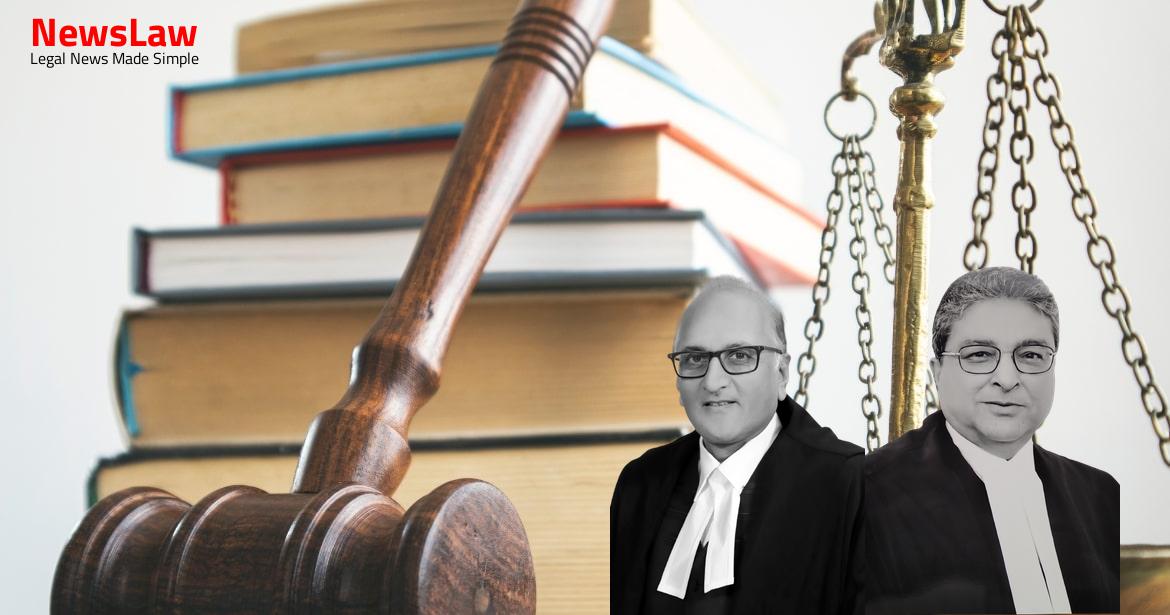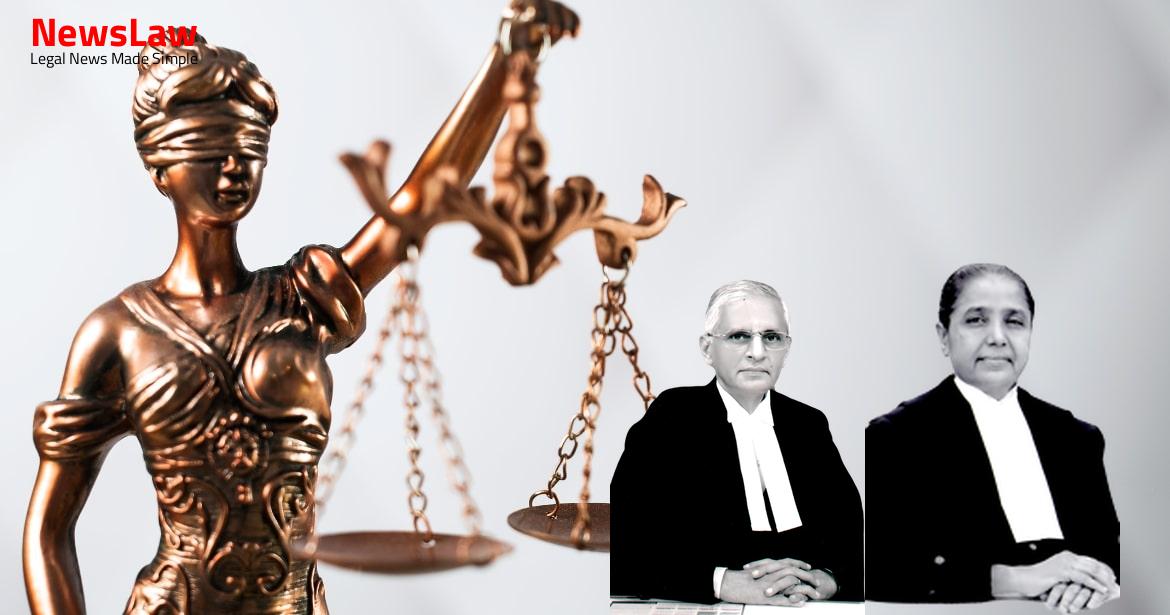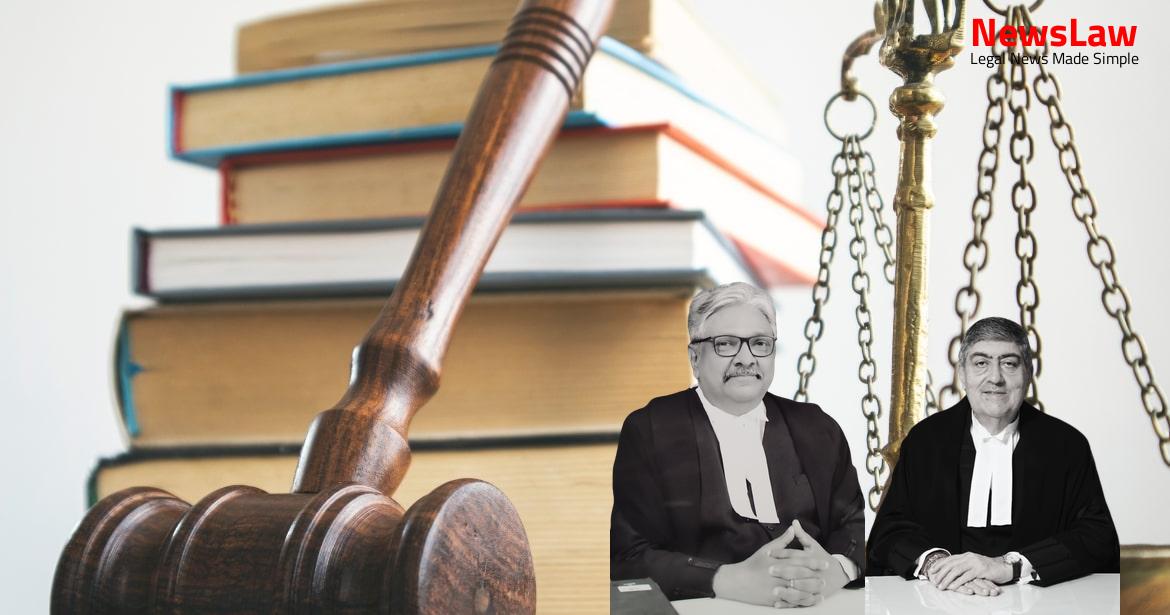In view of the above, as the writ petition was decided on the basis of the facts of one of the writ petitions, we also consider it appropriate to narrate the facts of the same only while 2 adjudicating upon the correctness of the judgment and order of the writ court.
It appears that Krishna Pal Singh gave an undertaking on an affidavit that he does not possess any building or plot in the 3 area of operation of the society and probably in light of such an undertaking, the aforesaid plot was allotted to him and the sale deed was executed.
It was also alleged that Krishna Pal Singh had not constructed a house or the boundary wall of the said plot within the time permitted.
In the background of the aforesaid facts and circumstances, the successors of Krishna Pal Singh, assailed the Award dated 12.08.2010 and the appellate order dated 24.02.2011 declaring the sale deed dated 14.07.1983 to be null and void by invoking the writ jurisdiction of the High Court.
Also Read: https://newslaw.in/supreme-court/extension-of-benefit-of-doubt-in-criminal-convictions/
Naidu, learned Senior Counsel for the society is that Krishna Pal Singh obtained the allotment and the sale deed of the plot in question by submitting a wrong affidavit that he does not own and possess any property in the area of operation of the society which is in violation of clause 5(1) of the bye-laws of the society and that he failed to construct anything on it within a reasonable time.
Clauses 5(1) and 3(10) of the bye-laws of the society reads as under: “Clause 5 (1) – 5.
In view of the above, Krishna Pal Singh would not have been entitled for allotment and purchase of any plot under the society if he or his family members had any building or plot in the area of operation of the society.
Also Read: https://newslaw.in/supreme-court/vicarious-liability-under-section-34-of-ipc/
For ready reference, the relevant finding of the writ court is reproduced hereinbelow: “The basic dispute raised in all the writ petitions is, that the member has given a false declaration and that the said member owns another land or a residential house in his or her name in the city of Agra. However, such finding falls short of saying that the address at which he was living was a house which belonged to him or his family members as defined under the bye-laws or that his successors are the owners of the said house in their own capacity.
Case Title: PURUSHOTTAM BAGH SAHKARI AWAS SAMITI LTD. Vs. SRI SHOBHAN PAL SINGH AND ANR ETC.
Case Number: C.A. No.-005380-005382 / 2015



